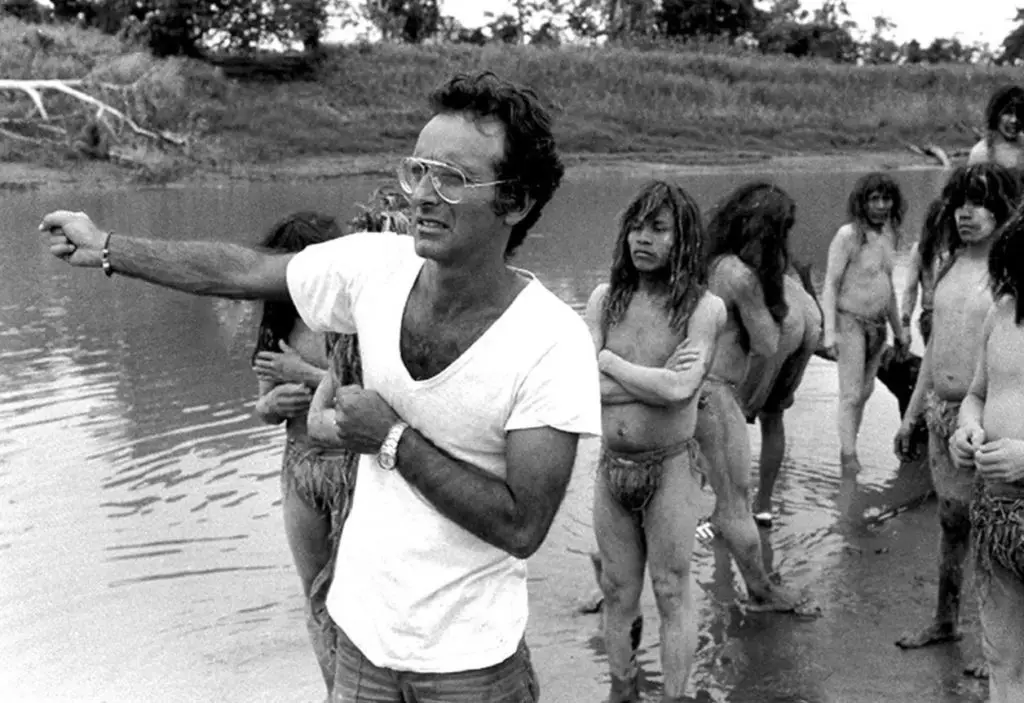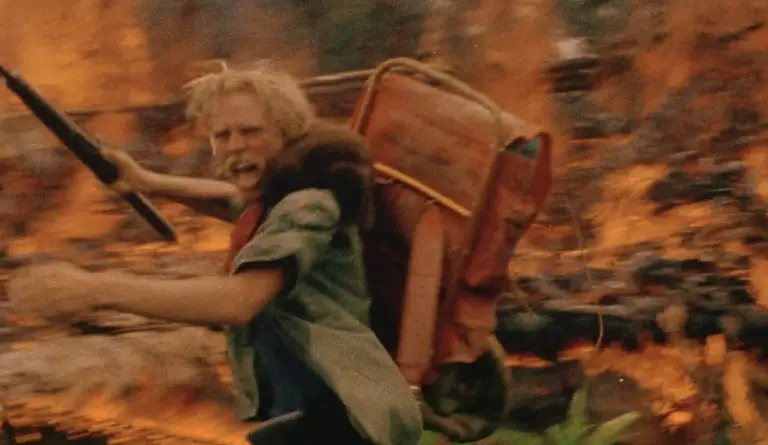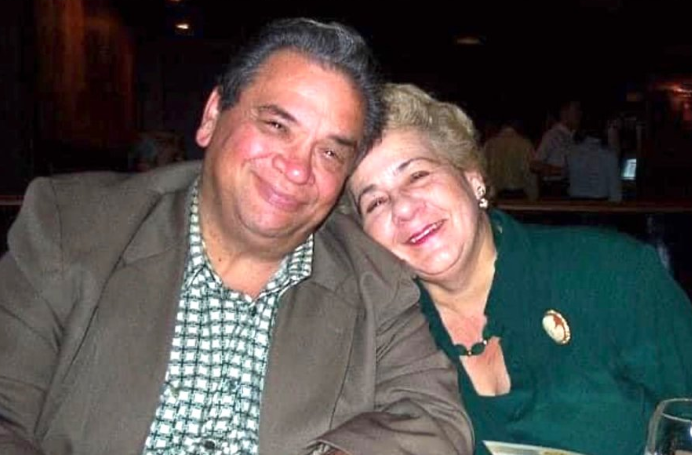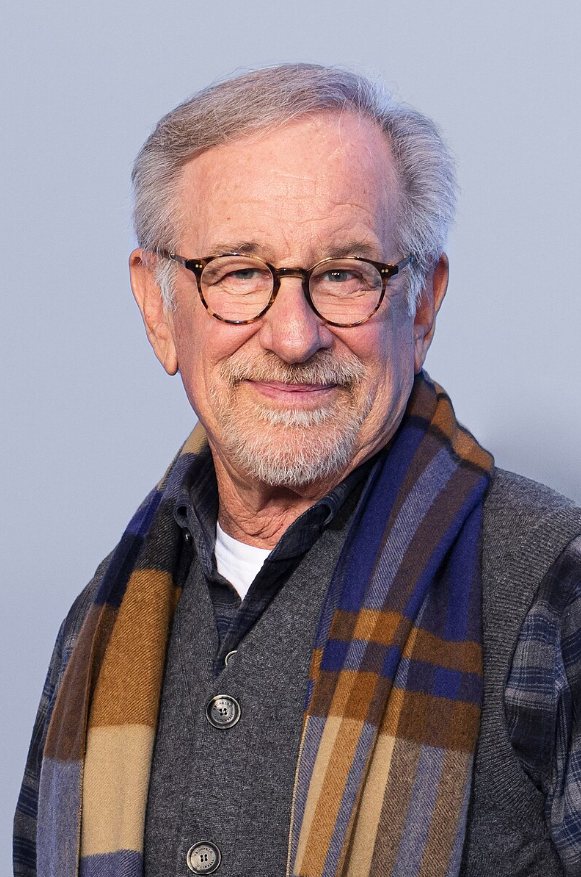The 1980 horror movie “Cannibal Holocaust,” directed by Ruggero Deodato, is infamous for being banned in 50 countries due to its disturbing content. The film, which follows a documentary team searching for a cannibal tribe in the Amazon rainforest, was one of the first to use the found-footage style, adding to its unsettling realism. Its graphic depictions of violence and real animal killings shocked audiences and authorities alike.
Shortly after its premiere in Milan, local magistrates seized the film, and Deodato faced charges of obscenity and murder. The controversy stemmed from the film’s realistic portrayal of death, leading many to believe the human deaths were real. Deodato had hired mostly unknown actors and stipulated in their contracts that they could not promote the film, maintaining the illusion that the footage was genuine. To clear his name, Deodato had to produce his actors in court to prove they were alive, ultimately getting the murder charges dropped.

Despite its controversial nature, “Cannibal Holocaust” has had a lasting impact on the horror genre. It is credited with pioneering the found-footage technique, later popularized by films like “The Blair Witch Project.” However, the film’s content remains a point of contention. While some praise its influence and groundbreaking style, others condemn its graphic violence and real animal deaths, which have left a lasting scar on viewers and sparked ethical debates.
Deodato spent years fighting to lift the ban on his film, succeeding in some countries by 1984, albeit with certain scenes cut. He defended the animal killings by stating they were done to feed the characters and crew, both in the story and in reality. Despite its controversial legacy, Deodato expressed a degree of pride in the lasting impact of his work, acknowledging that “Cannibal Holocaust” continues to provoke strong reactions and discussions decades after its release.




